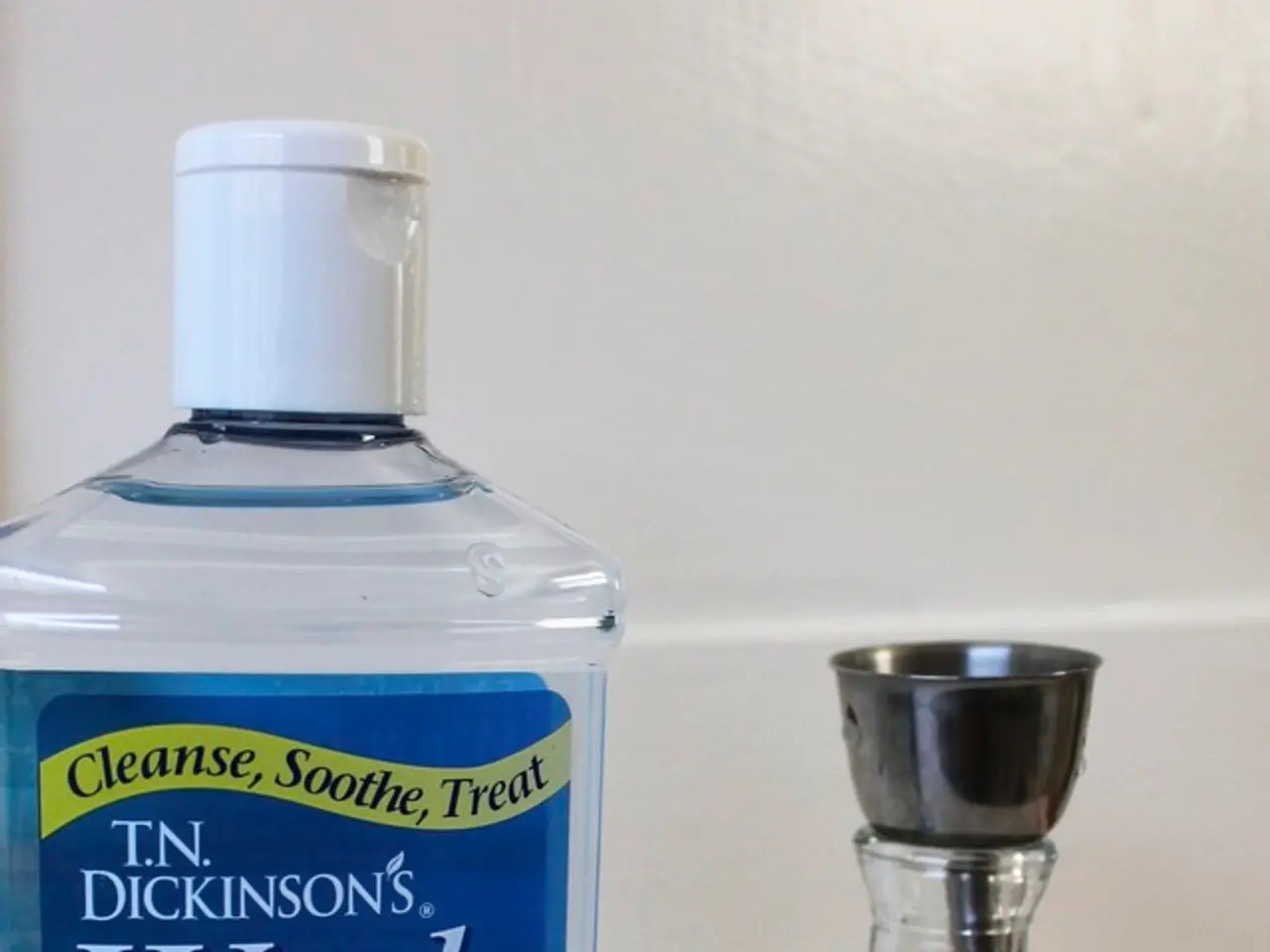Is it advisable to use supplements for the management of an overactive thyroid?
Hyperthyroidism, a condition where the body produces too much thyroid hormone, affects many individuals worldwide. While there are various treatments available, some people turn to supplements to manage their symptoms. However, it's crucial to approach supplement use with caution and always consult a healthcare provider before starting any new supplement regimen, especially when dealing with thyroid disorders.
Dr. Ravali Veeramachaneni, a healthcare provider specialising in thyroid health, recommends certain supplements for managing hyperthyroidism. These include Bugleweed (Lycopus virginicus), Lemon balm, Motherwort, and L-carnitine. These supplements, according to Dr. Veeramachaneni, can help manage symptoms without worsening the condition.
On the other hand, there are supplements that should be avoided. Iodine supplements, common in many thyroid health supplements, can exacerbate hyperthyroidism. This includes iodine-rich seaweed like kelp. Excess selenium supplementation is also not recommended unless specifically indicated.
L-tyrosine, an amino acid that helps produce enzymes, melanin, and thyroid hormone, should be avoided by individuals with hyperthyroidism as it can increase thyroid hormone production. People with hyperthyroidism should also avoid iodine, a common ingredient in many thyroid health supplements.
Selenium, an essential mineral that supports a healthy thyroid gland, may be recommended for hyperthyroidism, but only in small amounts. The recommended dietary allowance (RDA) for selenium is 55 micrograms (mcg) for adults age 19 and older, 60 mcg for pregnant individuals, and 70 mcg for lactating individuals. If you have hyperthyroidism or thyroid eye disease, your healthcare provider may suggest a selenium supplement, up to 200 mcg.
It's important to note that the Food and Drug Administration does not evaluate self-selected supplements, and their claims may not be accurate. Supplements should not replace doctor-prescribed medication or personalized advice from a healthcare provider.
In conclusion, treatment is available to manage hyperthyroidism and live a healthy life. However, it's essential to consult a healthcare provider before taking any supplements. Excess thyroid hormone can speed up metabolism and cause issues like heart palpitations, weakness, shakiness, and trouble sleeping. By being informed and careful, individuals with hyperthyroidism can make informed decisions about their supplement use.
- Dr. Ravali Veeramachaneni recommends supplements like Bugleweed, Lemon balm, Motherwort, and L-carnitine for managing hyperthyroidism symptoms, but avoids iodine-rich supplements and L-tyrosine due to their potential to worsen the condition.
- Selenium, an essential mineral for a healthy thyroid gland, can be beneficial for individuals with hyperthyroidism if taken in small amounts, but iodine-rich supplements like kelp should be avoided as they can exacerbate hyperthyroidism.
- The Food and Drug Administration does not evaluate self-selected supplements, so individuals with hyperthyroidism should consult a healthcare provider before starting any new supplement regimen and be aware that supplements should not replace doctor-prescribed medication or personalized advice from a healthcare provider.
- It's crucial for people with hyperthyroidism to be informed and careful about their supplement use, as excess thyroid hormone can cause issues like heart palpitations, weakness, shakiness, and trouble sleeping, and maintaining a balanced approach to health and wellness through proper nutrition and medical guidance is key to managing the condition.




